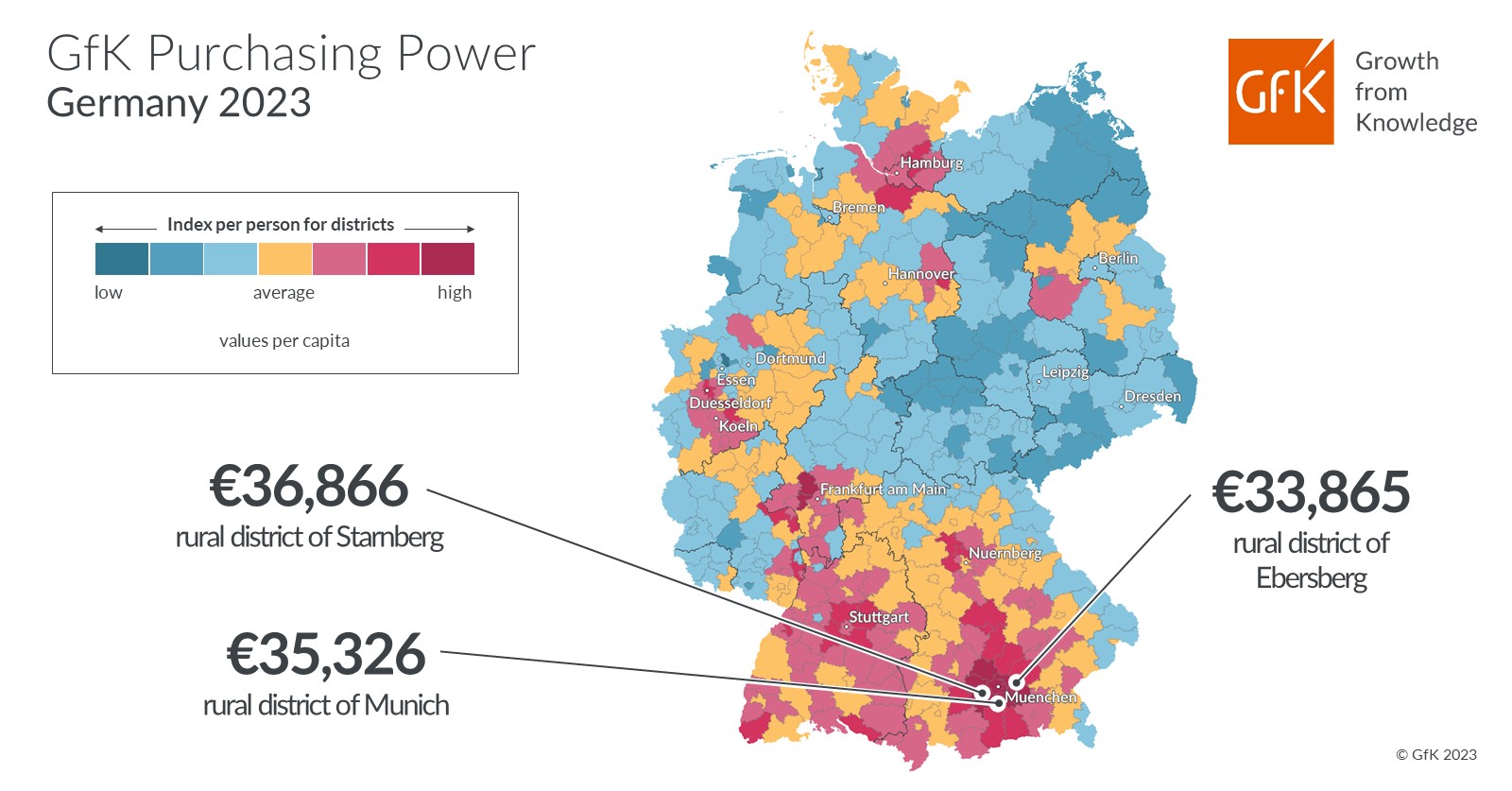How did I learn German?
Many of you feel anxious when you think that you are going to have to learn German – a completely unfamiliar foreign language in the near future. Today HHD Academy would like to share your experience of learning German how is your H.T – a female friend who has been studying German for more than 4 years, has the ability to communicate quite well with native speakers on a daily basis.

DETERMINATE THE PURPOSE OF LEARNING GERMANY
Surely those who choose to study German to study abroad or simply want to try a new foreign language subject no less than 10 times are asked: Warum lernst du Deutsch? (Why are you learning German?). Most people learn German to go study abroad/apprenticeship in Germany or settle down. The remaining few learn German because they like the German language and culture or simply like the German team. Each person will have different reasons, but it is important that you determine your purpose for learning German. Once you have a goal, it will be clearer and easier for you to make a plan and be determined to achieve your goal, right!?!
GOOD PREPARED THOUGHTS
Never think “I am learning German because I need an A2, B1. That’s enough”. Of course, anyone who wants to study abroad needs to prove their German language skills by trying to get an A2/B1 certificate to submit to the German Embassy. But the truth is that if you only focus on “studying” and “preparing for the exam” to get a German certificate, you will regret it later when you come to Germany. Because poor German will be your biggest obstacle in communicating as well as adjusting to life in Germany.
Worse yet, it can cost you a relatively large amount of money to learn a language in Germany (average around 600€/month for major language institutes like DAAD, or about 300€/month cheaper for Volkhochschule). So once you’ve decided to learn German, find ways to make yourself happy while learning a foreign language. Besides, always think optimistically about your new opportunities in the future to be motivated to achieve the highest level of German within your ability.
WHERE TO LEARN GERMANY?
Currently, there are many German language teaching centers in Vietnam… unlike when I studied outside Goethe , there were only one or two more centers. With many centers, you will have more choices, but because of that, it is difficult to know which center teaches quality.
In my opinion, you should choose centers with German and Vietnamese teachers, study with Germans at least once a week, small group classes of less than 10 students, class classification according to needs and levels. of students (students studying abroad, studying abroad, classes for people who want to immigrate in Germany); Speaking class with native speakers…
Vietnamese teachers who teach grammar will be easier to understand and more thorough, because they have also studied German, have also faced difficulties, knowing which grammar is difficult, which is the focus, should be noted. On the contrary, German teachers will teach you how to pronounce, practice speaking with correct intonation, share about German culture to help you gradually familiarize yourself with the German way of thinking, from which you will understand more about German culture. people and Germany.
In addition, a good and professional German language center will often have extra-curricular meetings with Germans and have tutoring hours for those who can’t keep up with the lesson. Don’t miss the free trial lessons to find yourself the most suitable and reliable study place!
HOW IS YOUR EXPERIENCE TO LEARN GERMANY
Grammar
Almost all textbooks have Arbeitsbuch/Übungsheft (workbook), you have to buy or copy and do all the exercises in the book. If you want to improve, do more in the book Gramatik Intensivtrainer, .. or you can google each grammar point that you feel weak and need more practice.
Listening
There are many ways to practice listening skills. I was advised by the older brothers and sisters to overhear. For example, at A2 level, listening to the songs in B1 will be difficult at first, but then gradually you will get used to the speaking speed. You can also listen to the Deutsche Welle Podcast, or listen to the news at www.dw.de. Later, I like to watch Easy German Youtube channel, with German subtitles – he, who speaks slowly, has rich content. Of course there are other ways such as watching German movies, listening to German music, etc. It is important that you try to spend time listening to German every day.
Vocabulary
When I was studying A1, A2 always had a notebook dedicated to writing new words, the left column had German words with the same gender, the right column was Vietnamese or English. Later, when studying to a higher level, it was not very effective because the word could not be remembered for a long time.
The best way is to learn vocabulary in context, by making sentences or writing a story with new words that you want to learn, the more funny the story, the longer it will be remembered. Another way is to write words on sticker paper and then stick them on objects in the house, or write new words on a piece of paper, make sentences with that word on the back or explain the word in German, put everything in the box, from time to time. free to play. Another important thing when learning vocabulary is using a dictionary. It is best to use the Langenscheidt German – German dictionary, or Duden, not the German – Vietnamese dictionary.
Speaking
In my opinion, speaking skill is the most important and also the most difficult. In order to have good reflexes when communicating, you should contact and talk to Germans as much as possible. You should also join the German club, Stammtisch, find the German Tandempartner if you have a chance. Currently, language teaching centers also regularly organize these free extracurricular sessions. In addition, you should also learn the Redemittels, choose for yourself a few sentences you like and then memorize them, especially some questions, later when you meet a German who wants to ask what you want to ask, it’s a reflex right away, without thinking.
In short
“Übung macht den Meister” (practice a lot, you will be good), the most important thing is the ability to self-study, work hard to do a lot of exercises. If you only rely on teachers, without practicing at home, your German will never get better.
LEARNING PATH
Before you start learning German, you should map out a roadmap for how long it will take you to reach the A1, A2, B1 … level and try to achieve that goal.










